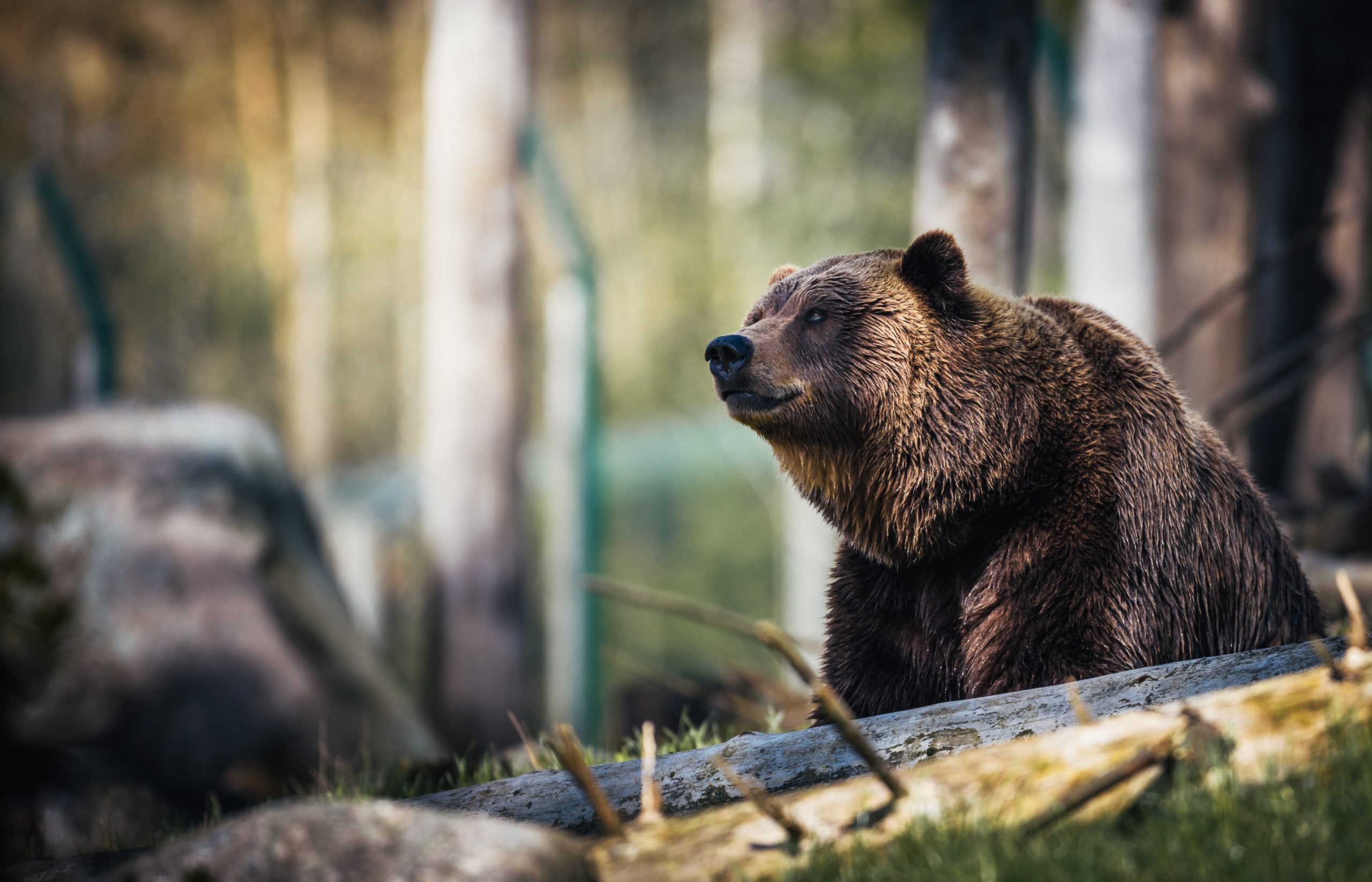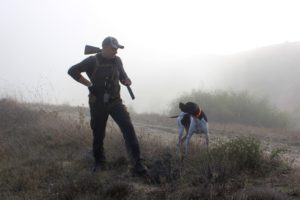Bears are majestic and powerful creatures that call the great outdoors their home. While they can be a thrilling sight to see, it’s important to remember that they are wild animals and should be respected and treated with caution. In this article, we’ll discuss how to avoid being eaten by a bear while enjoying the great outdoors.
- Learn to identify bears: Not all bears are the same, and it’s important to know the differences between them. Black bears and grizzly bears are the most common in North America, but they have different characteristics and behaviors. Knowing the difference between the two can help you respond appropriately.
- Make noise: Bears are more likely to avoid you if they know you’re there. Make noise while hiking by talking, singing, or clapping to alert bears of your presence.
- Carry bear spray: Bear spray is a type of pepper spray that’s specifically designed to deter bears. It’s an effective tool for preventing bear attacks, so make sure to carry it with you at all times.
- Keep a safe distance: If you see a bear, make sure to keep a safe distance. A bear’s territory can extend up to a mile, so give them plenty of space. A good rule of thumb is to stay at least 100 yards away from a bear.
- Store food properly: Food is a major attractant for bears, so make sure to store it properly. Keep all food, trash, and scented items in bear-proof containers or hung high in a tree away from your campsite.
- Be aware of your surroundings: Keep an eye out for signs of bears such as fresh tracks, scat, and claw marks. Be especially cautious when hiking through dense vegetation or near streams, as these are common bear habitats.
- Know how to react if a bear approaches: If a bear approaches you, don’t run. Running can trigger a chase response in bears. Instead, stand your ground and make yourself as big as possible. Make loud noises and wave your arms to scare the bear away.
- Know the difference between a defensive and an aggressive bear: A defensive bear will make loud huffs, moans, and blows, while an aggressive bear will make a low growl. Also, a defensive bear will try to avoid you while an aggressive one will come to attack you.
- Take a bear safety class: Many parks and wilderness areas offer bear safety classes that teach you how to avoid and respond to bear encounters. Taking a class can give you the knowledge and skills you need to stay safe in bear country.
- Always be prepared: The best way to avoid being eaten by a bear is to be prepared. Make sure to have all the necessary equipment, knowledge, and skills before heading out into bear country.
In conclusion, bears are a part of the great outdoors, and encountering one can be a thrilling experience. However, it’s important to remember that they are wild animals and should be respected and treated with caution. By following these tips, you can avoid being eaten by a bear while enjoying the great outdoors. Remember, the best defense is to be prepared and know what to do in case of an encounter.






